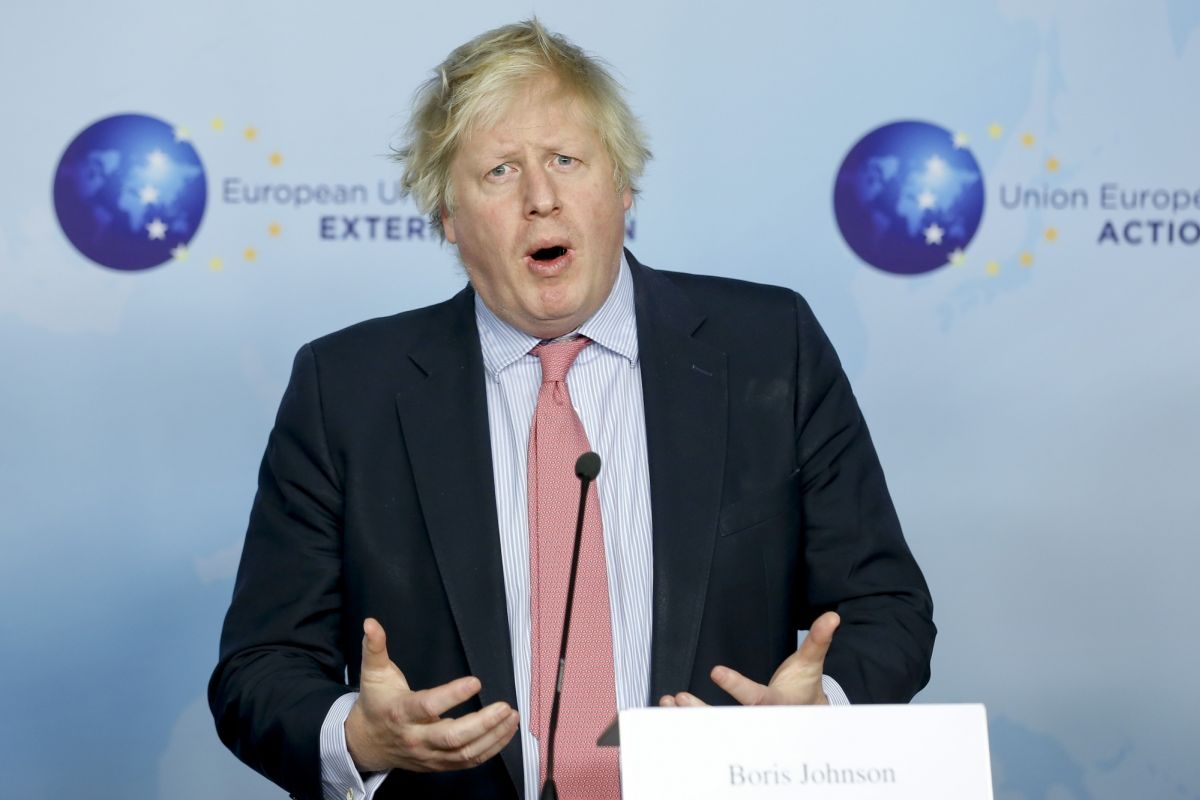UK Prime Minister Boris Johnson said that he hoped and was also “confident” of securing a zero-tariff, zero-quota agreement with the European Union (EU).
During a visit to Belfast, Northern Ireland, PM Johnson made the remarks.
Advertisement
Addressing to the media, raising concerns over possible checks on goods crossing the Irish Sea after Brexit, Johnson said “I cannot see any circumstances whatever in which there would be any need for checks on goods going from Northern Ireland to Great Britain.
“The only circumstances in which you could imagine the need for checks coming from Northern Ireland to Great Britain, as I have explained before, is if those goods were going on into Ireland, and we had not secured — which I hope and am confident we will — a zero-tariff, zero-quota agreement with our friends and partners in the EU.
“There are plenty of protections for Northern Irish business, farmers and others.”
Johnson’s visit came three days after Northern Ireland’s two major parties, the Democratic Unionist Party (DUP) and Sinn Fein, agreed on a draft deal to restore a power-sharing government, breaking a three-year political deadlock in the region.
Earlier in the month, during a meeting with the new European Commission (EC) chief Ursula von der Leyen, PM Johnson stressed on the importance of Britain and the European Union (EU) to reach a trade deal by the end of the year.
After its proposed exit, the UK will enter into an 11-month transition period in which it will largely follow EU rules but will not have any representation in the bloc’s institutions. This period will come to an end on December 31.
A landslide Conservative win would mark the ultimate failure of opponents of Brexit who plotted to thwart a 2016 referendum vote through legislative combat in parliament and prompted some of the biggest protests in recent British history.
Johnson was re-elected Prime Minister following his landslide victory in the December 12 general election, deemed as one the UK’s most decisive and crucial.
In December, US President Donald Trump invited PM Johnson to visit him in the White House in the new year.
Johnson is reluctant to make the visit before delivering Brexit on Jan. 31 and would prefer to go after a cabinet reshuffle scheduled in February when he is expected to appoint cabinet office minister Michael Gove as his new trade negotiator.
(With inputs from agency)











